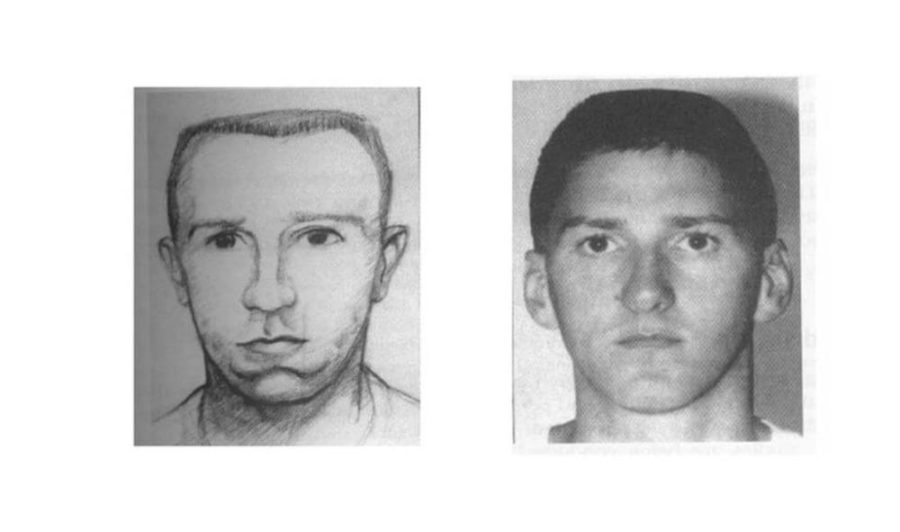Hand-drawn forensic sketches based on witness descriptions are a traditional yet time-consuming method used to catch criminals. But in some cases, authorities don’t have the luxury of time. A new automated sketch recognition system developed at Michigan State University is changing this race against the clock.
FaceSketchID System identifies criminals quickly and accurately by matching forensic sketches to large mug shot and photo databases maintained by law enforcement agencies.
Anil Jain, MSU Distinguished Professor in the Department of Computer Science and Engineering, led the development of the system.
“Due to advances in computer vision and machine learning algorithms, FaceSketch can use facial features to find commonalities between forensic sketches and mug shots,” Jain said. “It is a valuable resource that allows law enforcement agencies to quickly apprehend criminals, especially when no photo or video of the suspect is available.”
FaceSketch also can match sketches of criminals captured in low-resolution surveillance video to mugshot or driver license databases. In addition, the system has the capability to appropriately modify digitized sketches to make the suspect appear younger for a better match with database images.
MSU recently licensed FaceSketch to Morpho, the world’s largest biometrics company, so it can be used by more law enforcement agencies worldwide.
“Facial sketch matching represents the next generation of facial recognition systems,” said Thomas Chenevier, Morpho senior vice president of products and innovation. “MSU researchers have created a powerful new tool that will allow law enforcement to solve more crimes to safeguard our communities.”
Liane Moriyama, administrator, Hawaii Criminal Justice Data Center, agrees that the system is an asset to authorities.
“This facial recognition solution has enhanced our ability to identify criminals,” she said. “In crime cases where witness testimony is the only clue, use of facial sketches within a facial recognition system could improve the capability to identify suspects.”
The licensing of the FaceSketchID System to Morpho is an example of how MSU innovations put knowledge and research discoveries to work to make communities safer.
Assisting in the development of FaceSketchID were Hu Han, MSU postdoctoral fellow; former MSU graduate students Brendan Klare and Scott Klum; and Josh Klontz, MSU visiting researcher.
The FaceSketchID System development was supported by a grant from the National Institute of Justice.


